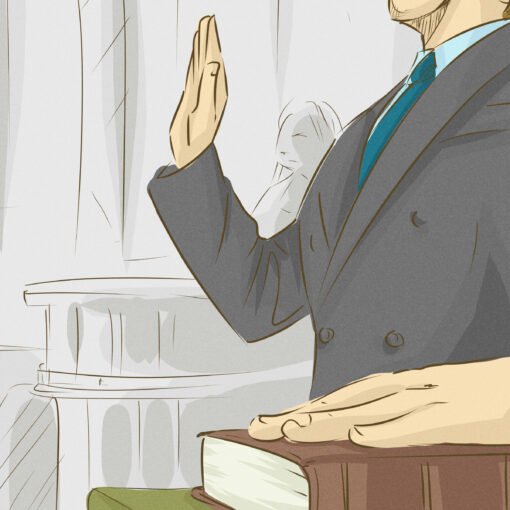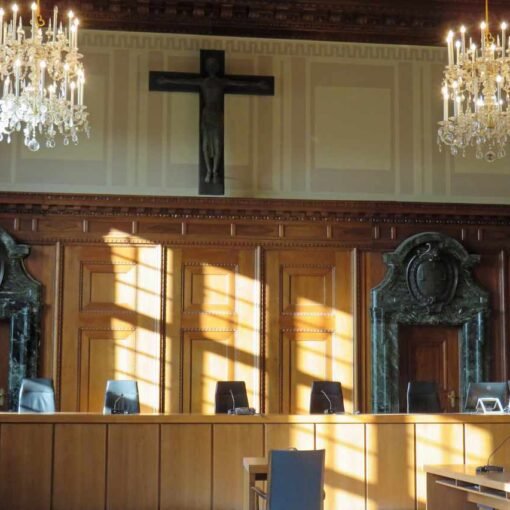Forex trading is always a risk. But if you decide to play in the foreign exchange market through a legal forex dealer, the probability of losing money will depend only on your skill and luck. And if the forex dealer is operating illegally, the chances of losing all your investments rise to 100%. We tell you what the signs are to distinguish trusted Forex brokers in Nigeria from crooks, what arguments they use, and what will happen if you still believe them.
How can you tell the difference between legal and illegal Forex dealers?
It is simple – you need to check whether he has a license. If there is no license, the Forex dealer is working illegally.
The official information on all licensed forex dealers can be found online and by reading client reviews.
What are the risks of trading through a foreign forex dealer without a Nigerian license?
Foreign forex dealers (or those who pretend to be) often refer to the fact that the currency market is international. And you can trade there remotely from anywhere and through anyone you like. This is true, there are no technical limitations, but there is one “but.”
If a foreign dealer violates your rights, for example, will not perform your orders promptly and correctly, you will have to defend your interests. All disputes will be resolved under the laws of the country where the company is registered.
That is why, by law, foreign companies are not allowed to operate in the Nigerian financial market. So if you see an advertisement for a foreign forex dealer on the internet, he is already breaking the law. You must decide whether it is worth working with a company that illegally attracts clients.
Often “foreign Forex dealers” are called outright crooks. They take advantage of the fact that it is difficult for an ordinary person to check a foreign company. You are given access to the trading terminal, you make transactions, and the amount of money on the account grows by leaps and bounds. What you’re getting a permit to is a game that simulates trading. Its purpose is to stir up your excitement and make you deposit as much money into your account as possible.
But as soon as you want to withdraw money from the account, there will be insurmountable problems: program failures, technical delays, and so on.
At the same time, fraudsters fail to return the money and encourage their clients to pay even more. They often demand a fee for urgent funds withdrawal. Or they explain that only a round sum, for example, $10,000, can be withdrawn. And if you have $6,700 in your account, you have to deposit another $3,300, and only then will you get everything back. But then “new circumstances” arise and this amount is also not paid out.
Sometimes, the “Forex trading application” offered to download contains a virus. It steals personal and payment data from your smartphone or computer. If scammers manage to get hold of your online banking or banking mobile app login details, they can steal all your money and even take out a loan in your name.
A forex dealer offers training. Is it worth agreeing to it, or does it also carry some risks?
If a legal Forex dealer or an educational organization with a good reputation offers training, there is nothing to be afraid of. Licensed dealers often provide free training. They have a ready-made set of online courses, lessons, or webinars.
You can take a training course, practice on a demo account of a Forex dealer with a Russian license, and then proceed to actual trading through the same dealer, starting with small amounts.
If an unknown company offers you training, it can be a trap. All for the same reason: after exercise, they may lure you into a “virtual forex” site, where you will lose real money.
It is worth being careful: illegals often choose a name similar to that of a licensed forex dealer for their company. Sometimes they even print the address of the legal dealer’s website on their business cards, but they include their phone numbers. They are trying to deceive you by offering to visit another site for training (and often, it differs from the legal dealer’s URL with just one symbol or a different domain).
Where can I complain in case of a scam?
If you believe a Nigerian-licensed company is violating your rights, file a complaint with the Central Bank of Nigeria. The regulator will check its actions. If it turns out that the organization has violated the law, it will receive instructions or even fines.
If the company that deceived you does not have a license, you must write a statement to the police. Enclose the copies of all the documents you have: contracts with the Forex dealer or the one who calls himself that way, checks for money transfers, all the accounting documents, and screenshots of the website. Please do not delay in contacting them. The sooner the scammers are exposed – the fewer people will suffer.



